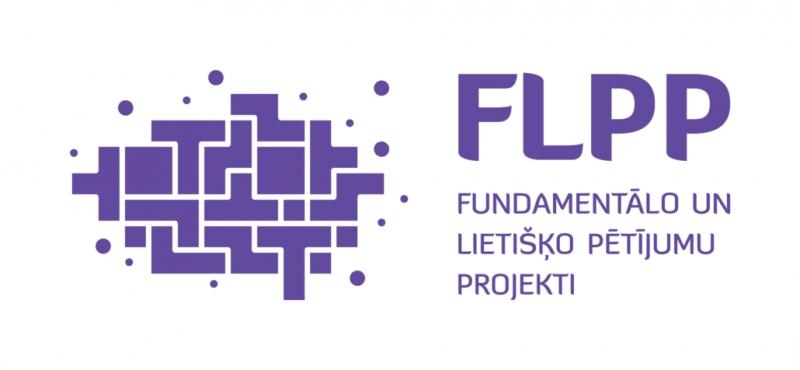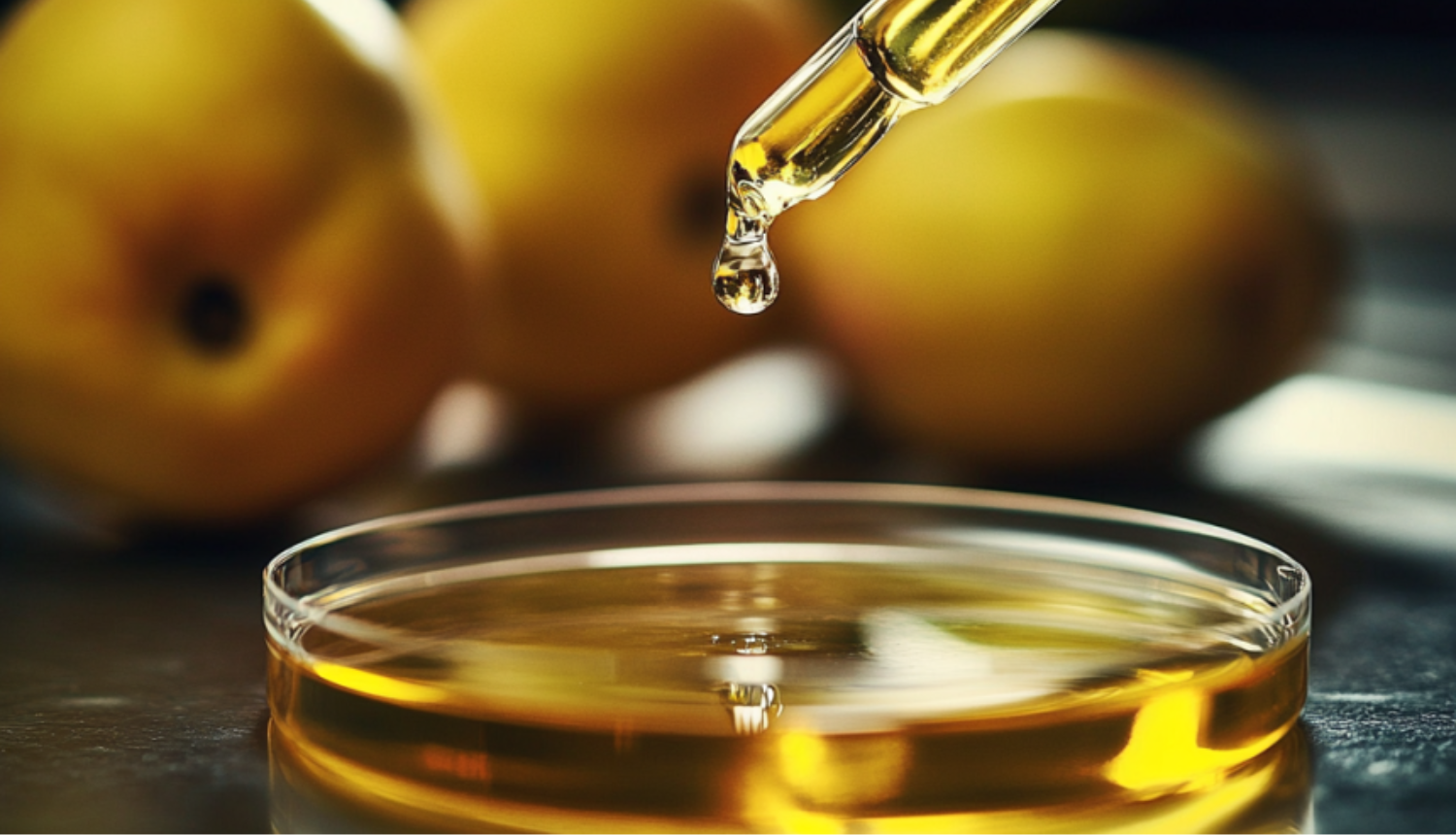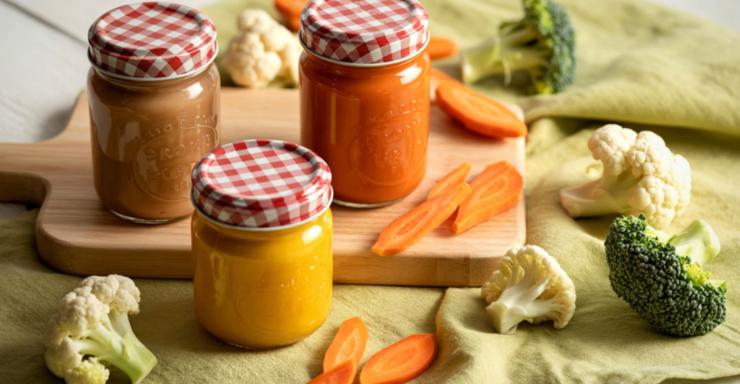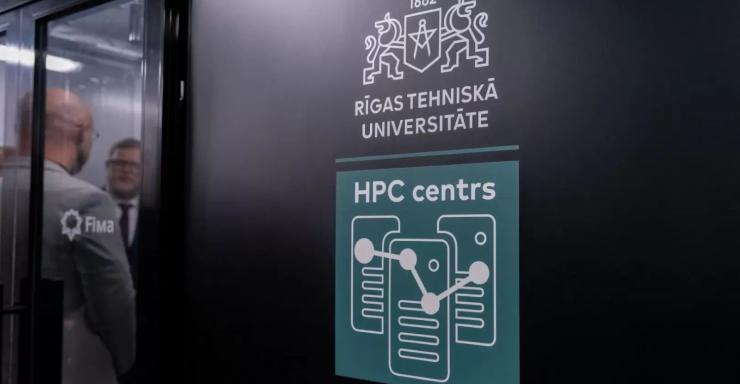Have you ever wondered what happens to the leftovers from quince juice and jam production? Most of them are discarded. But a project by the Latvian State Institute of Wood Chemistry and Rīga Stradiņš University is working to transform this biomass waste into valuable allies in the fight against disease.
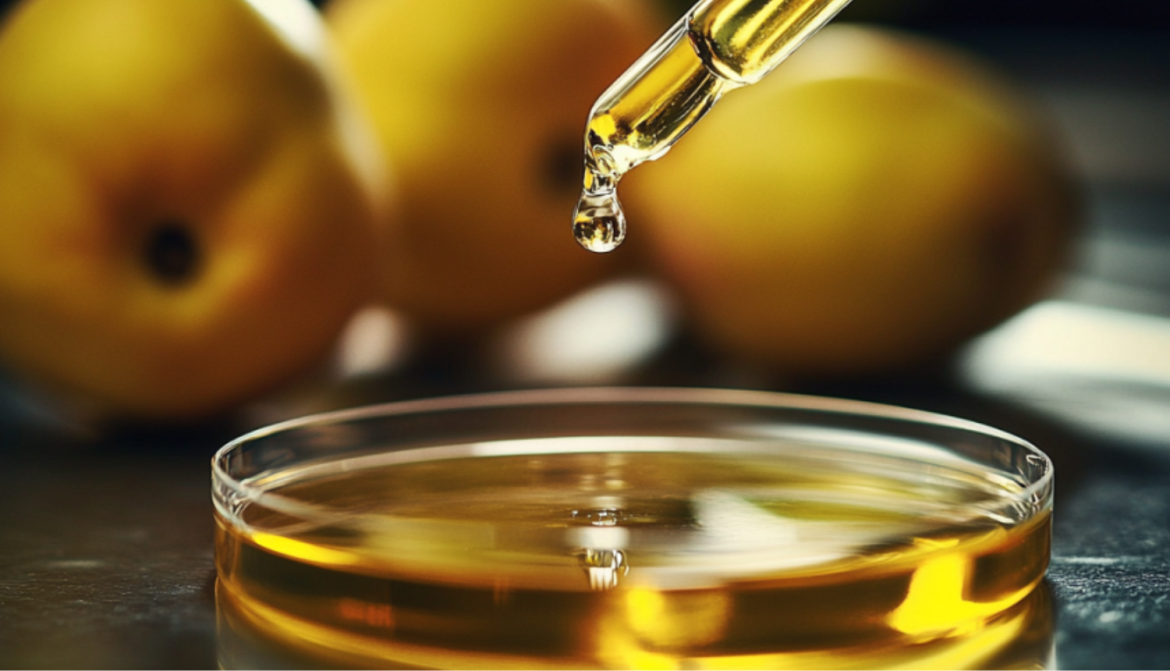
Our researchers, Dr.sc.ing. Sarmīte Janceva and Ph.D. Anna Andersone, in collaboration with Līga Pētersone from Riga Stradiņš University, have launched an ambitious three-year study aimed at developing innovative and non-toxic drug delivery systems from quince processing residues. These systems are designed not only to transport active compounds in a targeted manner but also to enhance their effectiveness, particularly against cancer cells.
This is a double innovation: both in the discovery and modification of bioactive compounds, and in the development of new methods for analysing these substances and assessing their pharmacokinetics. With the help of scientists, the sour-tasting garden fruit—quince, has the potential to become a future component of modern medicine.
The goal of the project is to turn local biological resources into precise, effective, and health-promoting solutions that could improve treatment outcomes worldwide.
Quince Cultivation, Yield, and Processing in Latvia
Japanese quince (Chaenomeles) is becoming one of the fastest-growing fruit crops in Latvia. In 2020, they were cultivated on approximately 650 hectares, and by 2023, the area had exceeded 700 hectares. Depending on the variety and growing conditions, yields can range from 2 to 4 kg per bush. On average, 3 to 6 tons of quince fruit per hectare can be harvested.
Given the total yield and processing volume, it is evident that a significant portion of quince remains unprocessed and may potentially go to waste.
Opportunities and Challenges
Due to their high acidity and vitamin C content, quinces are a valuable raw material for the production of various products. However, to reduce waste and fully exploit the potential of quinces, it is necessary to improve processing infrastructure and promote innovation in the sector.
This project is a step in the right direction, demonstrating how local biological resources can be utilised to create high-value-added products while simultaneously addressing environmental and healthcare challenges.
From LSIWC, the project is led by Dr.sc.ing. Sarmīte Janceva, with Ph.D. Anna Andersone as researcher.
Project description: Quince biowaste valorization into targeted drug delivery components and innovative health-promoting agents (lzp-2024/1-0255)
